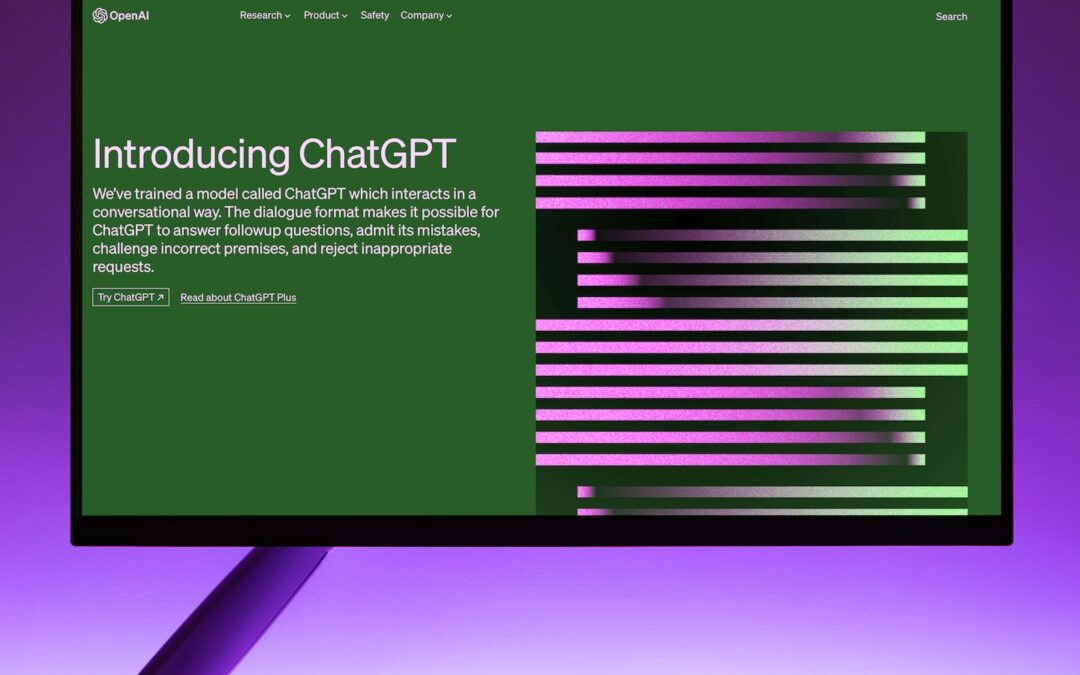The Generative AI Copyright Fight Is Just Getting Started

In the rapidly advancing world of artificial intelligence, the emergence of generative AI technology has sparked a heated debate around copyright and intellectual property rights. Generative AI refers to machine learning models that can produce unique, creative works like artwork, music, or written content.
With generative AI becoming more sophisticated and capable of producing high-quality content, questions have arisen regarding who holds the rights to these AI-generated creations. While the technology itself lacks legal standing, the works it generates often mimic human creations closely, blurring the lines of ownership.
“Generative AI is a double-edged sword. On one hand, it opens up new realms of creativity and innovation. On the other hand, it raises complex legal and ethical issues,” said Dr. Emily Roberts, an expert in AI law.
The debate gained significant attention when an AI-generated artwork sold for staggering millions of dollars at an auction. Controversy erupted as critics argued that the AI model should not be credited as the artist but rather the programmers who developed it.
The ongoing discourse centers on whether AI-generated creations should be recognized under existing copyright laws or if new legislation needs to be established. Supporters argue that the AI itself should be attributed as the creator and thus hold the rights, promoting the idea that AI systems can achieve a form of creative autonomy. However, opponents suggest that AI is merely a tool and the credit should belong to the human developers or owners of the AI system.
Legal experts emphasize the significance of tackling these issues promptly, as the implications of neglecting this matter could lead to legal disputes, diminished incentives for human creators, and potential exploitation of AI-generated works.
“We need clear guidelines and revisions in intellectual property laws to address generative AI within the legal framework. This will protect both the rights of human creators and promote ethical AI practices,” remarked Professor Alex Thompson, a leading authority on AI ethics.
The global conversation on generative AI copyright extends beyond the art world, as AI-generated music and literature also challenge conventional notions of authorship. The increasing prevalence of AI systems capable of composing music indistinguishable from human compositions poses profound questions about ownership, royalties, and artistic rights.
Efforts are already underway to address these issues. Various organizations, including tech companies, legal experts, and policymakers, are engaging in dialogues to shape guidelines and legal frameworks that navigate the complexities of generative AI. Collaborative initiatives aim to strike a balance between encouraging innovation while protecting human creativity and ensuring fair attribution and compensation for AI-generated works.
As generative AI continues to advance, it is imperative to find a suitable middle ground that respects both the creators of the AI systems and the creators of the generated works. Intellectual property laws will need to adapt to the intersection of human creativity and machine intelligence, fostering a transparent and equitable environment for all parties involved.
This ongoing debate will shape the future of intellectual property in the AI era, paving the way for legal frameworks that balance the expansion of technology with the protection of human ingenuity.
For more information on the latest AI news and developments, visit our website.


Recent Comments